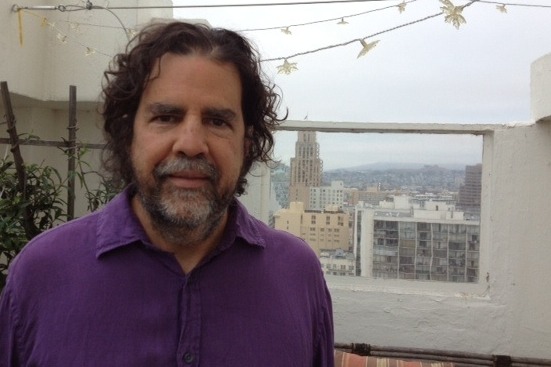Professor Ramón Grosfoguel is a widely respected decolonial scholar. He joins us for a conversation with Arzu Merali to analyse the four key genocides of modernity and how they impact us today.
Keywords: Genocide, ecocide, epistemicide, racism, gendercide, Islamophobia, colonialism, decoloniality, Holocaust, Nakba.
Listen to the third podcast of 2019. These podcasts are produced for the Genocide Memorial Day project, and are suitable for university students, activists and those wanting more detailed analyses of the role genocide has played in the creation of the modern world. In particular Grosfoguel identifies the four key genocides that constitute the foundations of the world as we currently know it. Grosfoguel analyses the continuities between these genocides and more recent events and highlights how ongoing acts of oppression including ongoing genocides and genocidal acts find their roots in these four key moments.
Grosfoguel’s works can be found widely on-line, including on the IHRC website. His books are available to buy in the IHRC Bookshop & Gallery instore and online.
About Ramon Grosfoguel
Ramon Grosfoguel is a professor in the Department of Ethnic Studies at the University of California at Berkeley and a research associate of the Maison des Science de l’Homme in Paris. He has published extensively in the fields of Political-Economy of the World-System, International Migration and Decolonial Studies.
About Arzu Merali
Arzu Merali is a writer and researcher based in London. She is one of the founders of the Islamic Human Rights Commission and co-authored its study “Environment of Hate: The New Normal for Muslims in the UK” with Saied Reza Ameli. She is the author of the UK reports and research in the EU funded Counter-narratives to Islamophobia project.




